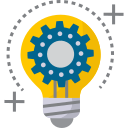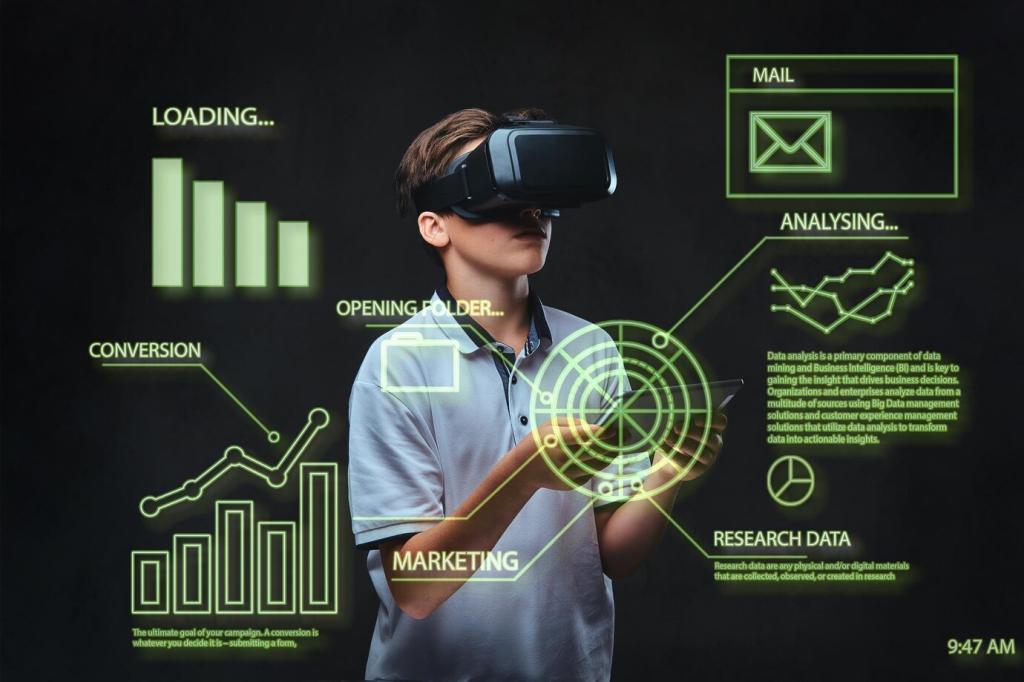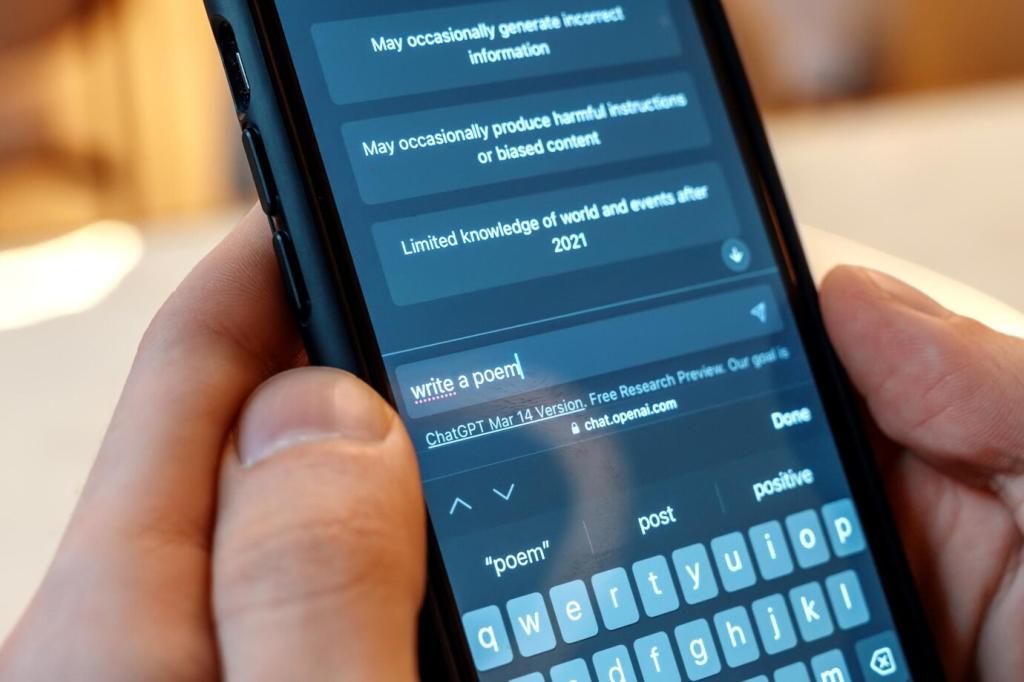Data, Ethics, and Trust: The Social Contract of Smart Cities
Public sensors should minimize personal data by default, favoring on-device processing, purpose limitation, and short retention. Good practice includes visible notices, opt-in pilots, and independent oversight. When communities understand why and how data is collected, acceptance rises—and the digital revolution strengthens, not erodes, civic freedoms.
Data, Ethics, and Trust: The Social Contract of Smart Cities
Open datasets help residents, researchers, and startups solve city problems faster—think accessibility maps or real-time transit reliability. Transparency also surfaces blind spots and biases. Hosting civic hack nights and publishing API documentation invites collaboration. Tell us which datasets your city should release next, and we will compile a community wishlist.




